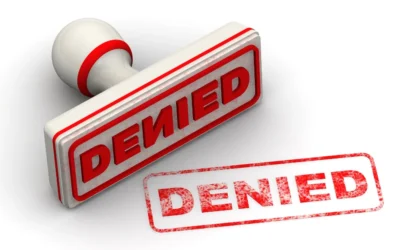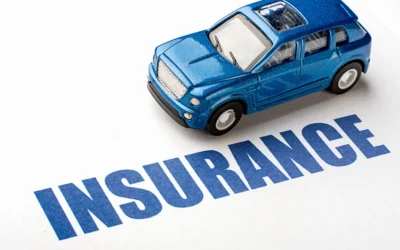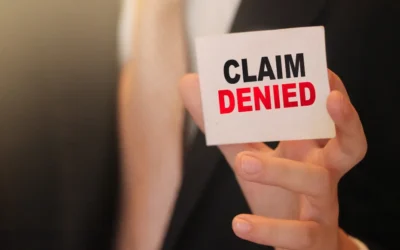If you’re reading this, you or someone you care about has likely just been in a car accident. First, take a deep breath. Whether you’re feeling overwhelmed, in pain, or just unsure of what comes next, those emotions are completely normal. You’ve already taken a smart step by seeking information. This article will walk you through how to deal with the other driver’s insurance company in Florida, so you can protect yourself, your health, and your legal rights.
How to Deal With the Other Driver’s Insurance Company in Florida
1. Prioritize Your Safety and Medical Needs First
Before worrying about insurance calls, make sure you or your loved one gets the medical care you need. Some injuries, like whiplash or concussions, aren’t immediately obvious. Even if you feel “okay,” it’s important to get checked out by a qualified medical provider.
Helpful Tip: Document all medical visits and keep copies of bills, prescriptions, and discharge notes. These can be important later.
2. Do Not Admit Fault Even Casually
If the other driver’s insurance adjuster calls, be careful about what you say. They may sound friendly, but their goal is to limit what their company pays. Even saying “I’m sorry” or “I didn’t see them” can be used against you.
It’s okay to say: “I’m still getting medical care and gathering information. I’m not ready to make a statement right now.”
3. Get the Insurance Company’s Contact Information
At the scene (if you’re still there), ask the other driver for their insurance provider name, policy number, and contact phone number. If you’ve already left the scene, this information should be in the police report.
4. Contact Your Own Insurance Company Promptly
Even if you weren’t at fault, Florida is a no-fault state which means your own insurance may cover your initial medical expenses under Personal Injury Protection (PIP). Let your insurer know about the accident and follow their instructions.
5. Be Cautious When Speaking With the Other Driver’s Insurance Company
If the other driver’s insurance company contacts you:
- You are NOT required to give a recorded statement.
- You are NOT required to sign anything right away.
- You are NOT obligated to settle quickly.
Helpful Tip: Early settlement offers are often low and may not cover long-term medical needs. Never sign a release without legal guidance.
6. Document Everything
Keep a personal accident file that includes:
- Photos of vehicle damage and injuries
- Medical records and bills
- Police report number
- Witness contact information
- Notes from any calls with insurance representatives
7. Consider Speaking With a Licensed Florida Attorney
Insurance companies are experienced negotiators. A licensed personal injury attorney can help you:
- Understand what your case may be worth
- Deal directly with the insurance company
- Avoid mistakes that could cost you compensation
You don’t have to navigate this alone.
You’re Not Alone in This
If you’re feeling anxious, uncertain, or even just exhausted that’s completely valid. Car accidents can be traumatic. What matters now is that you’re taking the right steps to protect yourself and your loved ones. Medical professionals are here to help you heal physically, and trusted attorneys can guide you through the legal side.
What to Do Next
If you or someone you love was injured in a car accident in Florida:
- Get medical attention if you haven’t already.
- Limit communication with the other driver’s insurance company.
- Reach out to a trusted Florida attorney before making any major decisions.
Hurt Aid can connect you with experienced, compassionate professionals both medical providers and licensed attorneys who are ready to help.





